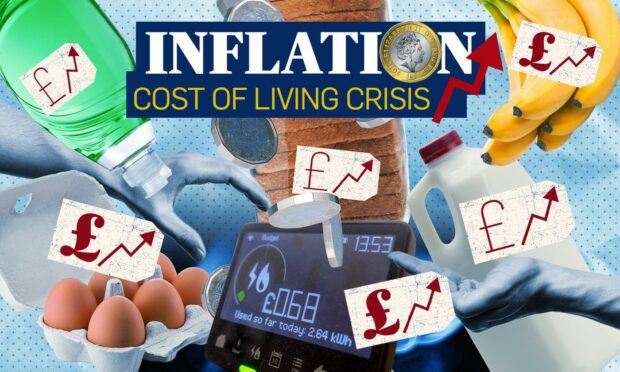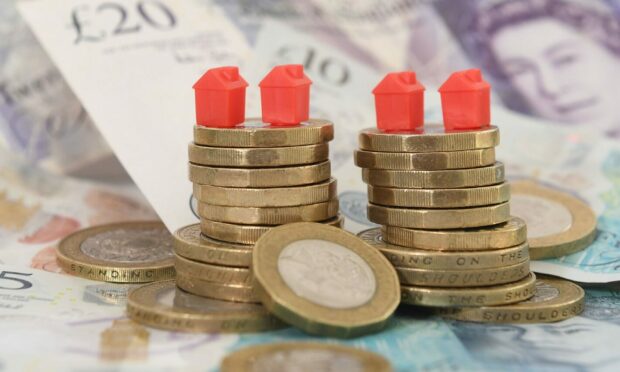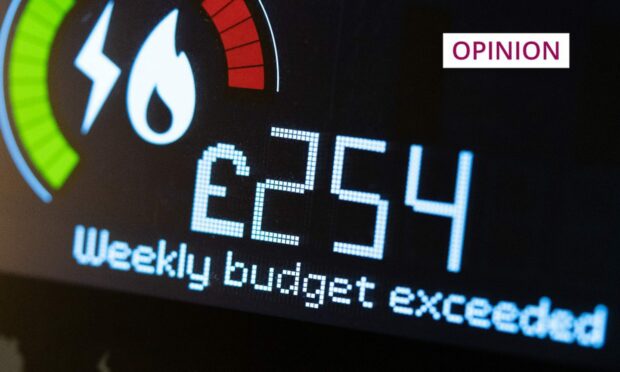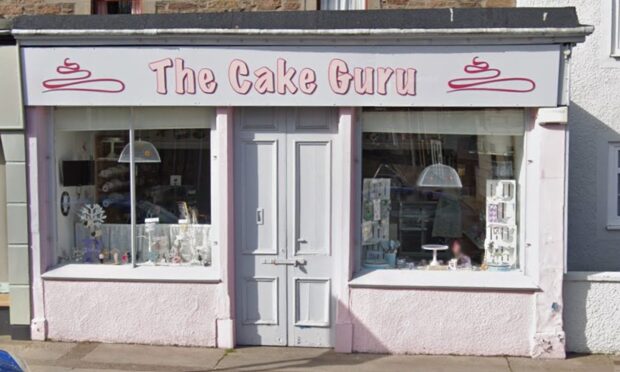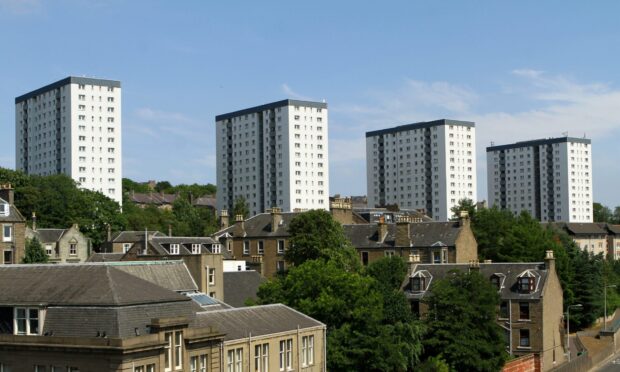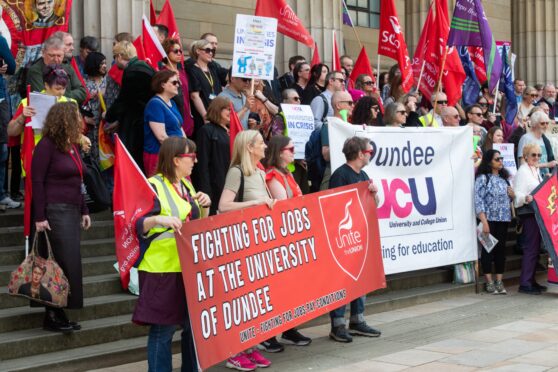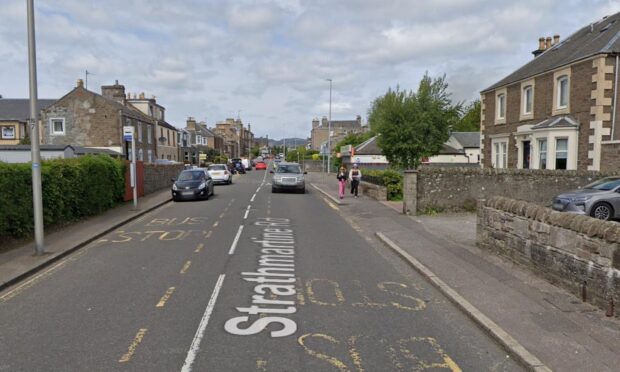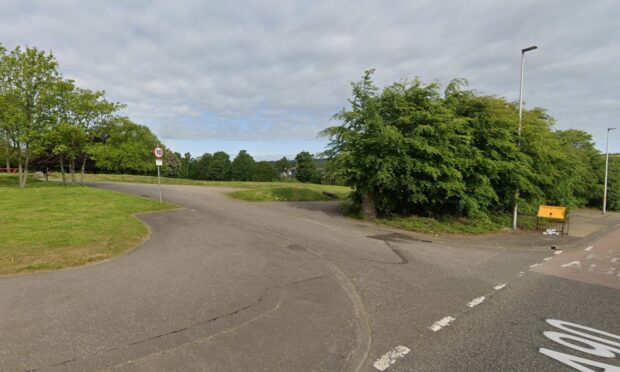Households across the UK have been warned of soaring energy bills this year.
Add that to the rising cost of living generally and people are really feeling the pinch.
Some experts have predicted the number of households in fuel poverty will triple overnight come April.
But why are gas and electricity prices so high and what’s likely to happen next?
Why are energy prices rising?
There has been a worldwide squeeze on energy supplies over the last year.
The reasons for that include a cold winter in Europe in 2020/21, which saw stored gas supplies drop.
And an increase in demand for liquefied natural gas in China has led to further shortages.
While countries across Europe have the same issues, Britain has been harder hit as it is one of the biggest users of natural gas.
Around 85% of UK homes have gas central heating.
What has happened so far?
Around 20 energy suppliers have collapsed in the UK.
This is because a cap on energy prices meant companies could not pass on higher costs to customers.
More than 3.8 million households in the UK are affected by the crisis, 1.7m of whom were with Bulb Energy.
Many people saw their fuel costs rise when their supplier collapsed and they were switched to more expensive deals with other companies.
Today's price cap rise means energy bills will soar by around 40%, plunging up to 2.5 million MORE households into #FuelPoverty. The Government response is 'woefully inadequate'. #energybills #EnergyCrisis pic.twitter.com/GbgrgeI0S0
— National Energy Action (@NEA_UKCharity) February 3, 2022
Earlier this month, the energy regulator, Ofgem announced a 54% rise in the energy price cap.
The price cap is the maximum amount suppliers can charge customers and it is reviewed every six months.
The announcement came just three months after, 15 million households saw fuel bills rise by 12%.
What will happen next?
Another review in August is expected to take prices up even further.
And experts expect bills to keep rising until 2023.
This could plunge millions of households into fuel poverty.

